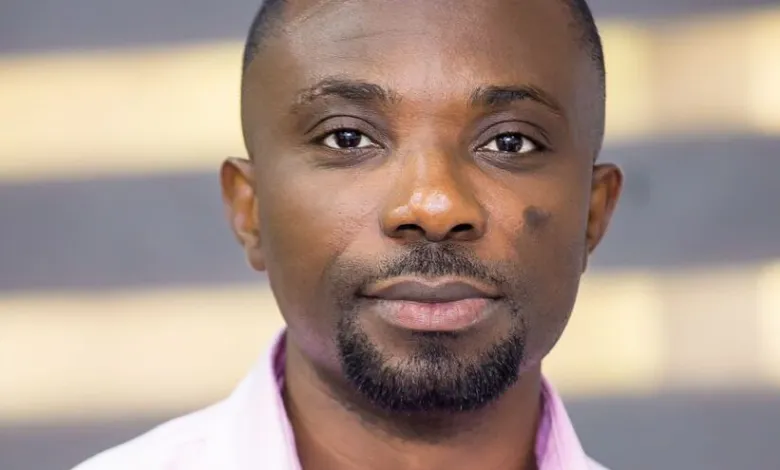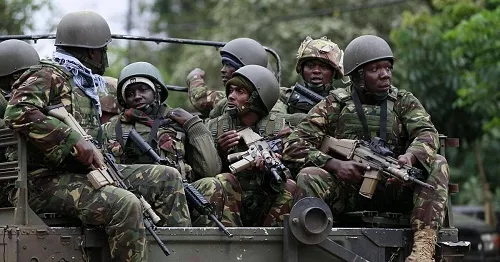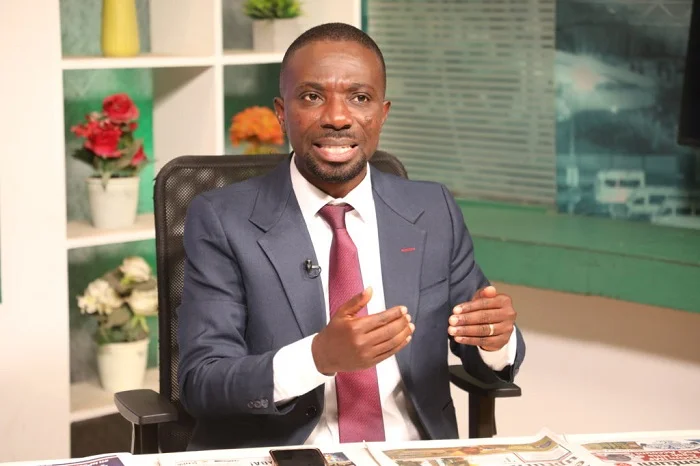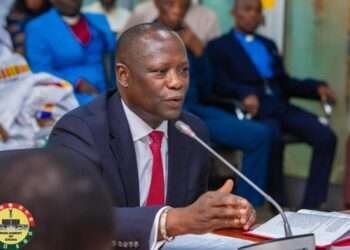Aide to former Vice President Dr. Mahamudu Bawumia, Dennis Miracles Aboagye, has called for a reorientation of Ghana’s national response to the conflict in Bawku, warning that the country risks compounding decades of trauma if it continues to rely solely on military intervention and curfews.
His remarks follow the tragic killing of a final-year student of Bawku Senior High School, Hakim Kundima, which has reignited tensions in the already volatile area.
Miracles Aboagye, who was speaking on the matter, insisted that the Bawku crisis can no longer be reduced to a chieftaincy dispute and described the government’s over-reliance on force as inadequate.
He emphasised that any sustainable peace effort must be anchored in a deliberate, national programme of reconciliation, social healing, and professional psychological assessment.

“Resolving the Bawku chieftaincy issue is not entirely the solution. People are hurt, bruised, and maimed in the community. We need a certain level of social engagement. Professionals must be brought in to assess the entire Bawku situation and advise on how we can move forward”
Dennis Miracles Aboagye, Aide to Former Vice President Dr. Mahamudu Bawumia
The tragic killing of Hakim Kundima occurred on the night of Saturday, July 26, when unknown gunmen reportedly dragged the student out of his dormitory and shot him outside the school compound.
His death sparked widespread fear and led to the closure of Bawku Senior High School. In response, a curfew was imposed on the Bawku municipality as tensions escalated.
“The people comply when they see the military, but they return to violence once the military loses its guard. And the military cannot be there forever.
“What is urgently needed is reconciliation and therapy, an intentional effort to help the people forgive and heal”
Dennis Miracles Aboagye, Aide to Former Vice President Dr. Mahamudu Bawumia

Military Intervention
His comments come amid the recent deployment of a heavy military convoy along the Tamale-Bolgatanga highway.
Armoured vehicles and troop carriers were observed moving toward the Upper East Region as part of a scheduled military operation. According to security sources, the manoeuvre forms part of Ghana’s broader effort to boost internal security and strengthen counter-insurgency readiness across high-risk zones.
The Ministry of Defence confirmed that the military exercise will extend to multiple strategic points, including Bawku, Sandema, Tilli, and Pusiga/Polmakom. The goal, it said, is to reinforce troop preparedness and ensure swift response capacity in the face of rising security threats in the northern regions.
While these tactical deployments reflect the government’s intent to safeguard lives and maintain order, Aboagye insisted that the fundamental crisis and its attendant issues are generational, such that military presence alone cannot fix.
He reiterated the suggestion for professional intervention, echoing broader calls for a “truth-and-reconciliation-style,” mechanism to tackle longstanding ethnic grievances.

The tensions in Bawku present a significant challenge to the government administration, which has prioritised national cohesion and regional peacebuilding.
With the President already facing critical domestic demands, including economic recovery and youth unemployment, the Bawku situation adds another layer of urgency to his governance agenda.
If the government heeds Aboagye’s advice, a multidisciplinary team of psychologists, sociologists, community leaders, and conflict resolution experts may soon be tasked with designing a civilian-led roadmap to peace in Bawku.
Until then, however, the prevailing calm in the region remains fragile, maintained by the barrel of a gun and the threat of curfew.
READ MORE: Starmer Faces Backlash Over Palestine Recognition Plan




















